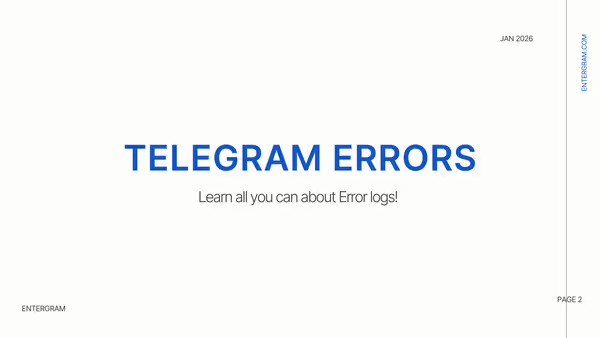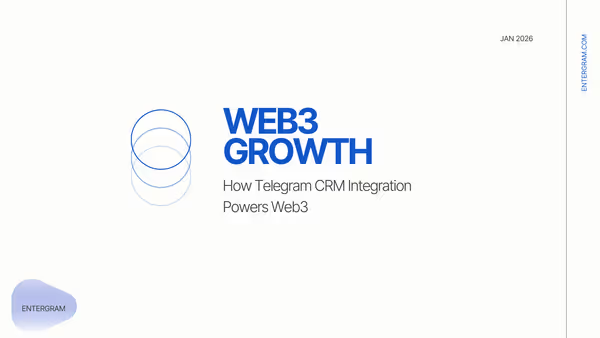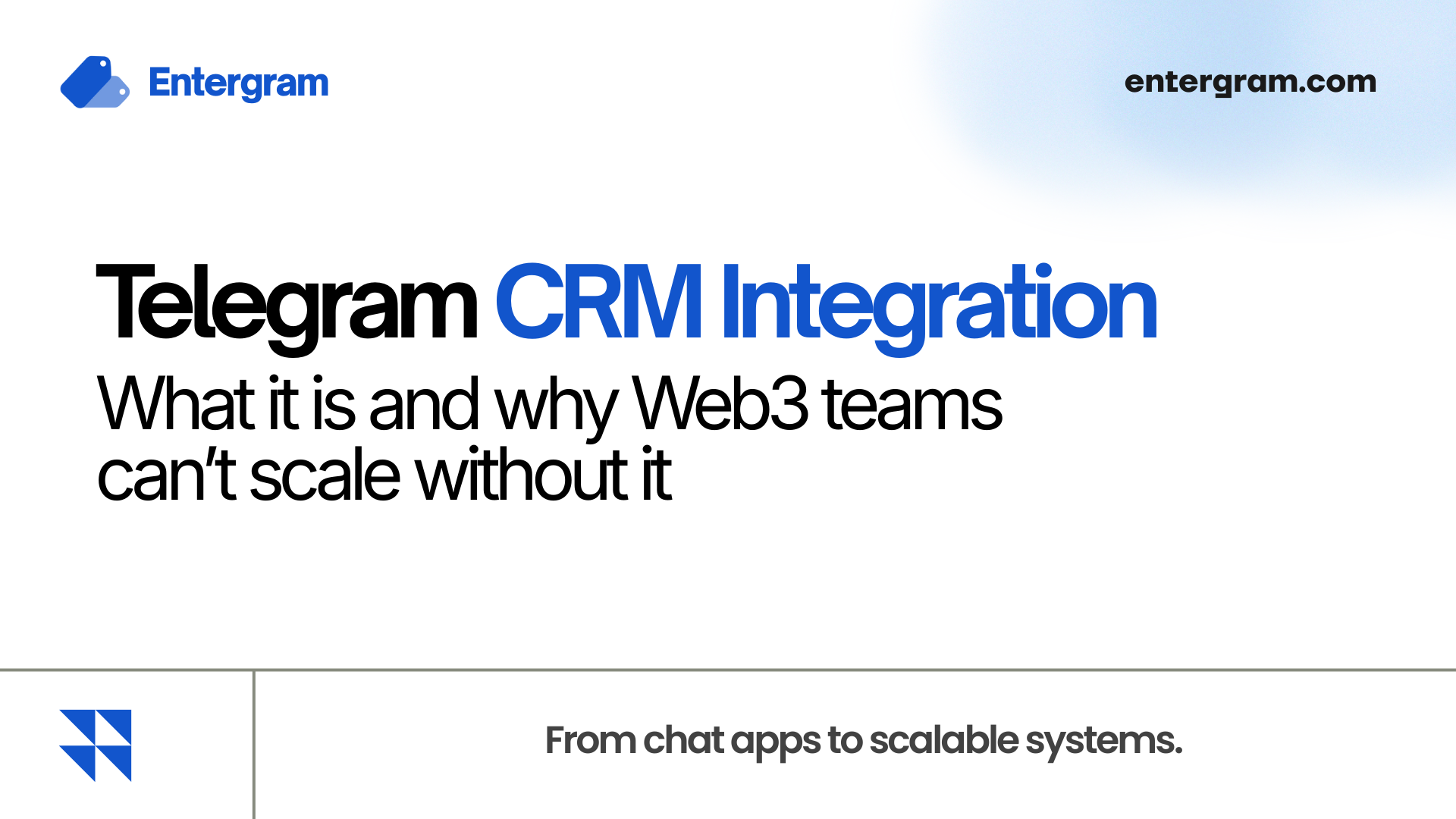Why CRM Matters for Modern Businesses
Customer expectations are evolving rapidly. They demand personalized experiences, seamless communication, and instant support. CRM systems are no longer optional—they're fundamental business infrastructure.
At its core, CRM centralizes all customer interactions, providing a single source of truth for sales, marketing, and support teams.
What CRM Delivers
- Customer Understanding: Know purchase history, preferences, and behavior
- Sales Efficiency: Automated lead scoring and pipeline management
- Marketing Impact: Segmented audiences and triggered campaigns
- Customer Support: Fast, contextual support improves retention
Leading CRM Platforms
Salesforce
The global market leader with comprehensive sales automation, AI-powered analytics, and thousands of integrations. Best for enterprises requiring scalable, customizable solutions.
Microsoft Dynamics 365
Seamless integration with the Microsoft ecosystem. Combines CRM and ERP for end-to-end business management. Ideal for organizations already using Office 365.
HubSpot CRM
Designed for ease of use and inbound marketing. Popular among small to medium businesses wanting to grow without complexity. Offers a free tier.
SAP Customer Experience
Part of SAP's enterprise suite. Excels in customer data management and omnichannel engagement for large enterprises.
The Rise of Messaging-First CRM
As customers shift from email to messaging apps, CRMs must adapt. Telegram, with 950+ million users, has become a primary communication channel for many businesses.
Traditional CRMs weren't designed for messaging. They expect emails, forms, and scheduled calls—not the fast, conversational nature of Telegram.
Why Telegram CRM
A Telegram CRM brings CRM structure to messaging:
- Multi-Account Management: Handle multiple Telegram accounts from one dashboard
- Custom Labels: Organize chats with flexible tagging
- Broadcast Messaging: Reach audiences at scale
- Analytics: Track team performance
- Support Ticketing: Convert chats to trackable tickets
Use Cases for Telegram CRM
Web3 and Crypto
Web3 teams, market makers, and crypto communities rely on Telegram for operations.
Sales Teams
Fintech sales and B2B networking teams close deals through Telegram conversations.
E-Commerce
E-commerce teams manage customer inquiries and promotions.
Community Management
Community managers handle support across multiple groups.
Entergram: Telegram-First CRM
Entergram combines CRM structure with Telegram-native workflows. Unlike traditional CRMs with Telegram integrations, Entergram is built specifically for messaging-first businesses.
Key differentiators:
- Privacy-first design (no message storage)
- Native multi-account support
- Telegram-specific features
Learn more on our security page.
Getting Started
- Sign up at app.entergram.com
- Connect your Telegram accounts
- Set up custom labels
- Start managing customer relationships
Pricing
Entergram offers flexible pricing for teams of all sizes.
Conclusion
CRM is essential for modern business success. For companies that communicate primarily through Telegram, a Telegram CRM provides the structure and insights needed to scale.
Start your free trial or explore all Telegram CRM features.
Aug 6, 2025 · 12 min read
Ready to Upgrade Your Telegram Workflow?
Don't waste another lead. Don't lose another message.
Get Started



